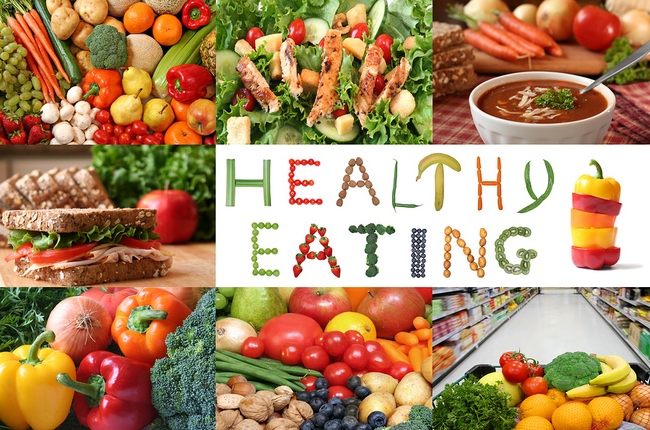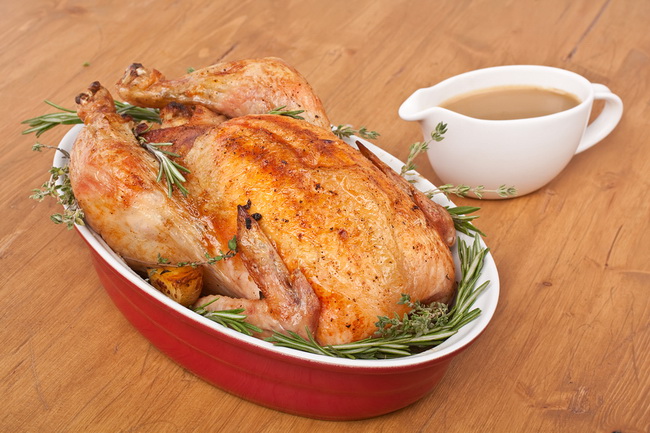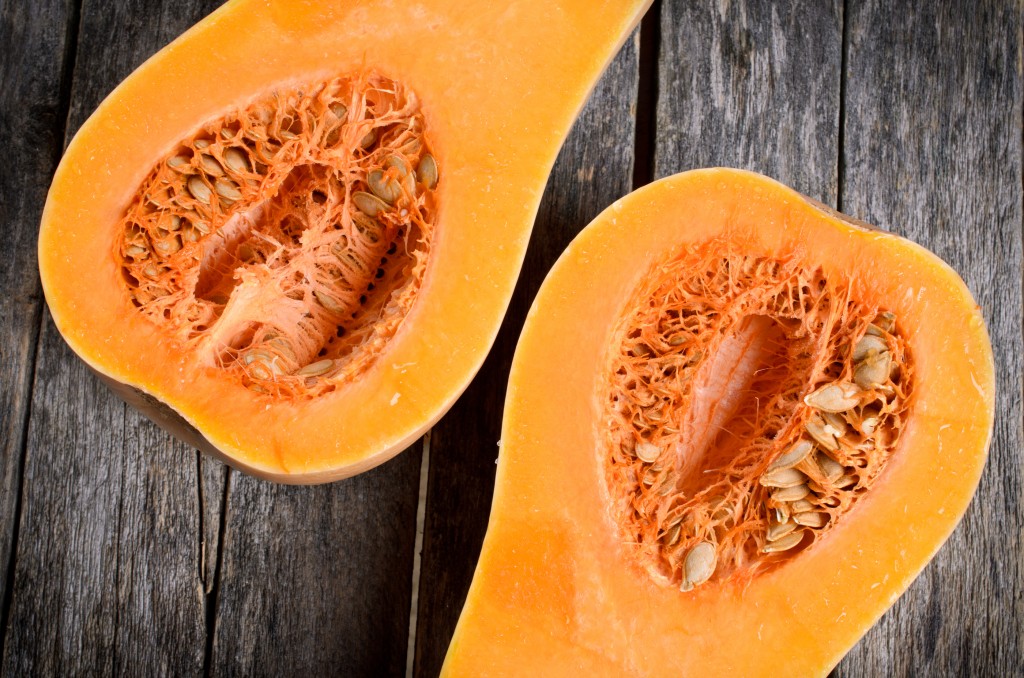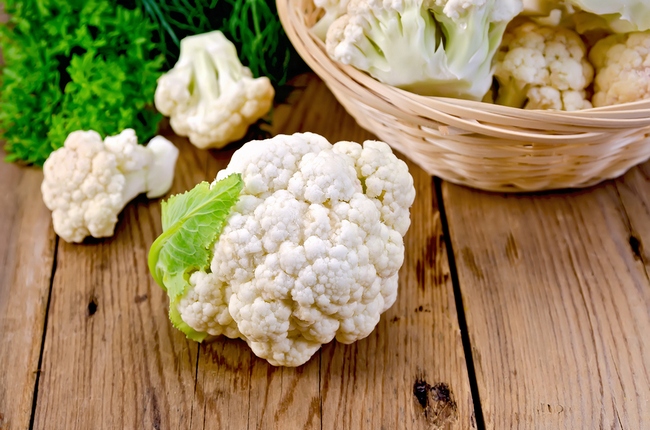- Make It Yourself Lavender Heart-Shaped Bath Bombs!
- 20 Things You Never Knew About “Down There”
- 12 Best Foods For Those Suffering From Arthritis Pain
- 12 Personal Hygiene Mistakes Almost Everyone Makes (Mom Never Told You About #4!)
- 15 Medicinal Plants And Herbs From The Cherokee People
- 12 Mind-Blowing Benefits Of Drinking Coconut Water During Pregnancy
- 12 Outstanding Winter Foods That Won’t Fatten You Up Like A Christmas Turkey
12 Outstanding Winter Foods That Won’t Fatten You Up Like A Christmas Turkey

Photo credit: bigstock.com
Everyone loves the delicious foods that friends and family go to great lengths to make for us each winter. However, no one loves the extra weight that usually comes along with them.
About 70 percent of all Americans say that they put on at least 5 pounds over the holidays alone. It seems so hard to not put on weight, what with all the great food that is available this time of year, not to mention how easy it is to eat plenty of it when someone else is doing the cooking!
If you are like us, you simply can’t say no when grandma has spent all day cooking a wonderful meal. However, you can help to cut the overall winter calorie count. We have compiled a list of 12 of the healthiest, non-waistline adding meals you can make during these super cold months of winter.
Keep reading! You will want to add these to your meals this winter again and again. We guarantee that they will be a hit with both family and friends – maybe even grandma!
1. Figs and Dates
When your sweet tooth starts calling, don’t bring out the fudge, bring out some dried figs or dates. Figs are high in sugar, but it is natural sugar and they do have lots of fiber. Dates are also a terrific source of potassium and fiber. You can add dates to salads or as a topping to fruit dishes, or just eat a handful after a meal. You will never regret adding these to your winter table.
Continue to Page 2

Photo credit: bigstock.com
2. Turkey
Turkey really is an excellent winter meal. It’s a lean meat that is packed with protein while being low in calories. Bake an extra turkey at Thanksgiving and slice it up into family sized portions. Freeze the meat for later use in sandwiches, casseroles, or even as a main meal after the holidays are done. Break up the carcass and store it in the freezer for a homemade soup base that can’t be beat.
3. Cranberries
These super healthy fruits are available fresh during the fall and winter months. Low in calories, high in vitamin C and fiber, they can be made into your own healthy juice, put in salads, muffins, or frozen so that you can have some of these tart little favorites anytime you like, no matter how cold it might be outside.
4. Sweet Potatoes
Forget those boring white potatoes, sweet potatoes not only have a great deal more flavor, but they are vastly superior when it comes to nutrition. Sweet potatoes have potassium, manganese, fiber, protein, vitamin B6, vitamin C, and vitamin A. You can use them as side dishes, desserts, or a really nice change of pace from plain old mashed potatoes. Try baking sliced sweet potatoes in a drizzle of olive oil for some super tasty French fries that even your kids will love!
5. Apples and Pears
Although you might think that these are just for the early fall, apples and pears are a terrific source of fiber, are high in vitamin C, and make terrific desserts all winter long. Cut them open and bake them with some cinnamon and nutmeg for a healthy dessert you won’t be able to resist.
Continue to Page 3

Photo credit: bigstock.com
6. Squash
Winter squash makes one of the best wintertime meals, hands down. It has a sweeter flavor and finer texture than summer squash. It’s also loaded with vitamins, minerals, and omega-3 fatty acids. It is best to bake them or grill them so that your squash maintains as much of its nutritional value as possible. Don’t know how to prepare it? Look online for hundreds of creative ways to use winter squash as your main course.
7. Citrus Fruits
OK, citrus fruits seem to scream “Summer!” but they can bring a bit of sunshine into your life on a cold, dreary winter day. Citrus fruits are loaded with vitamin C and are high in fiber. Try some blood oranges, pink grapefruit, mandarin oranges or tangerines for a real wintertime treat.
8. Pumpkin
Of course, most people only think of pumpkins in one of two ways:
1. Jack-O-Lanterns
2. Pumpkin pie
This doesn’t have to be the case, however. Pumpkins are actually a type of squash, which makes them a very healthy choice for wintertime meals. Pumpkins are loaded with iron, magnesium, vitamin A, vitamin C, niacin, and potassium. Pumpkins already contain a great deal of natural sugar, so try to avoid adding more sugar to them in recipes.
Continue to Page 4

Photo credit: bigstock.com
9. Cauliflower
These are really great winter vegetables that are super versatile. You can make them as a side dish, add them to soups or stews, or for a change of pace from potatoes, try boiling and mashing them in the same way you would potatoes. They are a terrific source of vitamin C, have been shown in studies to lower cholesterol levels, and even fight cancer. Pretty good for one little white vegetable!
10. Beets
Beets are another very healthy side dish that your family will really come to love. They are high in potassium, iron, and vitamin C, not to mention fiber. Beets are naturally sweet and most people enjoy them best roasted. Be on the lookout, however, as most beets are GM products. Be certain that you are buying organic beets for the best possible health.
11. Cabbage
Cabbage does not get the attention or fanfare that it deserves! This crunchy veggie is a well-known cancer fighter that is super versatile. It is loaded with a wide variety of nutrients, vitamins, and even has anti-inflammatory compounds. Use it in salads, the ever-famous coleslaw, in soups, sandwiches, stews, casseroles, and stir-fries or in any recipe that calls for lettuce.
READ MORE: 12 Most Fattening Comfort Foods Of Winter (#9 Has Got to Go!)
12. Carrots
One of the great things about carrots is that, even if you cook them, they retain all of their valuable nutrients. Carrots become softer and sweeter once you cook them. They are one of the best sources of vitamin A, beta-carotene, vitamin A, vitamin C, and B6. They even have thiamin and potassium, not to mention healthy, cancer fighting fiber. Grate them, slice them, dice them, bake them, or just munch on them as is, you simply cannot go wrong with carrots.
Remember that it is easier to keep your weight stable than to try to lose weight later on!
References:

































